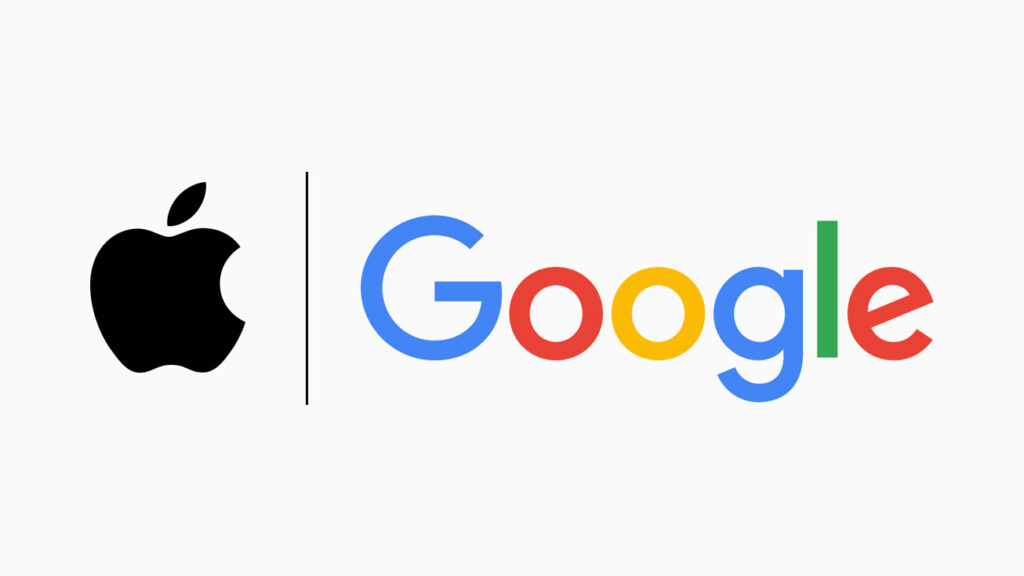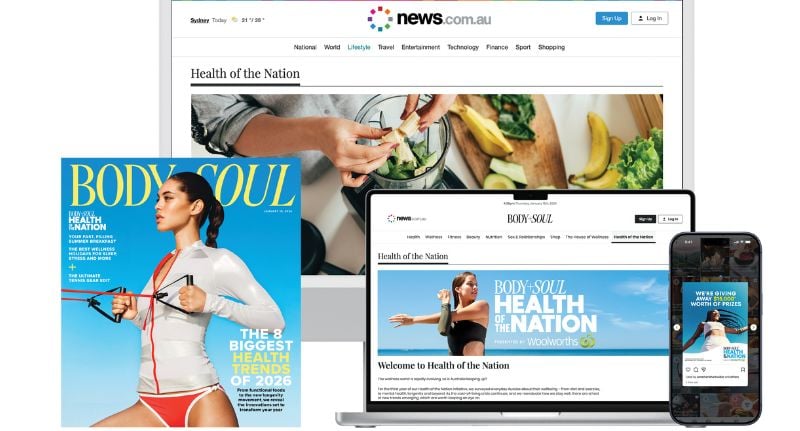
The recent ruling by Judge Amit Mehta in the Google antitrust case has significant implications for the ongoing partnership between Apple Inc. and Google (Alphabet Inc.). Following an extensive remedies phase, the judge determined that existing agreements between the two tech giants would largely remain unaffected. This decision comes nearly one year after the Department of Justice successfully argued that Google holds a monopoly on online search.
The remedies phase of this case included testimony from several key figures, including Apple executive Eddy Cue. The stakes were high, with proposed changes that could have disrupted the lucrative arrangement in which Google pays Apple billions of dollars to be the default search engine on Safari. Judge Mehta’s ruling, issued recently, confirmed that these agreements will continue, allowing Apple to maintain its substantial revenue stream from Google.
In the wake of the ruling, Apple’s stock experienced a notable increase of 3.4% in after-hours trading, while Google’s stock rose by over 7%. The decision clarifies what Google can and cannot do regarding its partnerships with Apple moving forward.
Key Aspects of the Ruling
Judge Mehta’s ruling allows several aspects of Google and Apple’s partnership to continue. Notably, the court rejected a broad ban on payments, determining that such a prohibition would harm both partners and consumers. Consequently, Google is permitted to continue compensating Apple for its status as the default search engine on Safari.
Additionally, the court ruled that Google can pay browser developers, including Apple, for default search engine status, provided that browsers can still promote other search engines and change their defaults. The ruling also found that the introduction of choice screens did not enhance search competition, meaning that Apple is not required to implement new user interface options in Safari or iOS.
Regarding advancements in technology, the ruling prohibits contracts that would prevent a Google partner from distributing generative AI products or other search engines. This means that Apple retains the freedom to promote or integrate competing AI assistants and chatbots while still maintaining Google Search as the default.
Restrictions Imposed on Google
While the ruling is largely favorable for Apple, it imposes several restrictions on Google. Notably, there is no exclusivity allowed for generative AI products or features. Google cannot compel Apple to restrict its offerings to Google services alone or tie the deal for one app to another, such as Google Search to its AI products like Gemini.
Additionally, the ruling prohibits Google from offering higher revenue-share tiers or bonuses in exchange for exclusivity or bundling services. A crucial aspect of the ruling is the 12-month default limit, which means Google cannot condition its revenue share on keeping any service as the default for more than a year. This opens the door for competitors to engage with Apple on a yearly basis, potentially reshaping the landscape of search engine partnerships.
The implications of this ruling extend beyond the immediate partnerships between Apple and Google. As tech companies continue to navigate regulatory scrutiny and competition, the outcomes of such cases will be crucial for shaping future market dynamics. For further insights into the ruling and its broader implications, the coverage by 9to5Google offers additional context and analysis.
As tech giants like Apple and Google adapt to this ruling, it remains to be seen how these changes will affect consumers and the competitive landscape in the technology sector.






